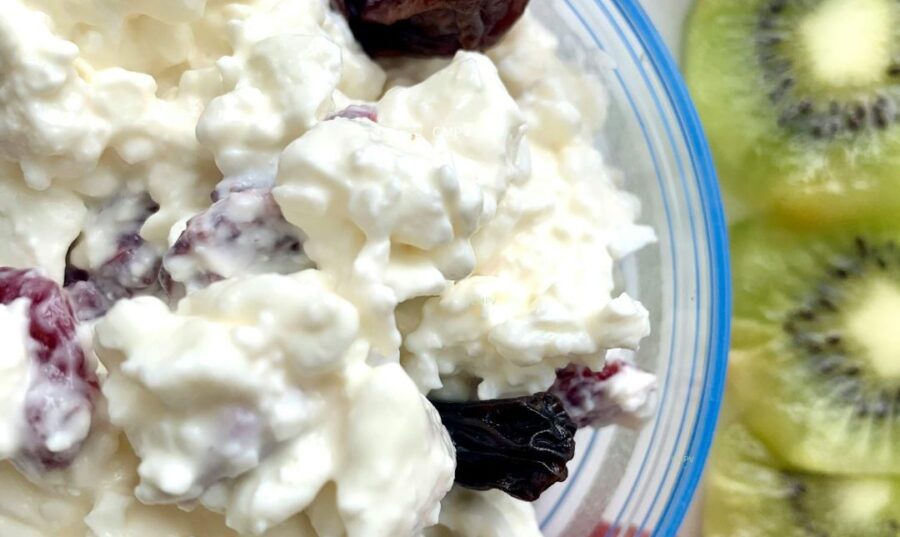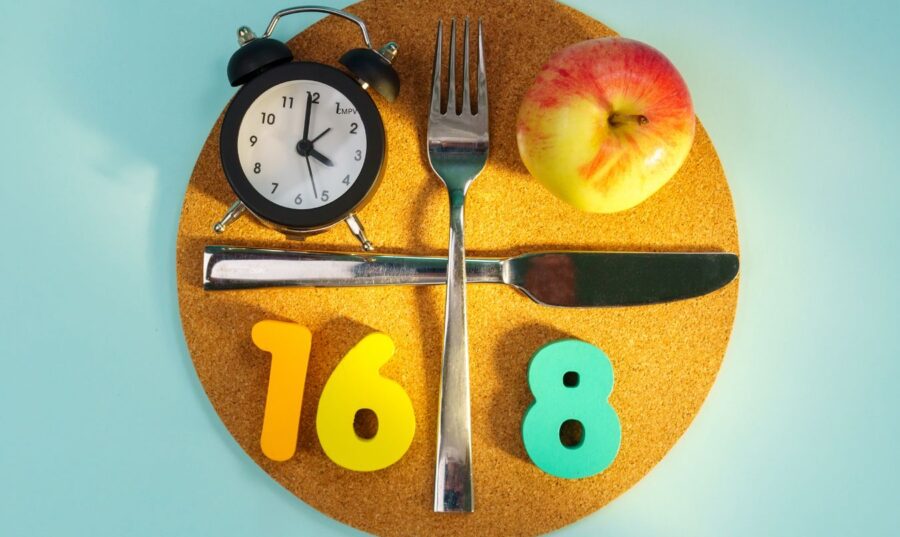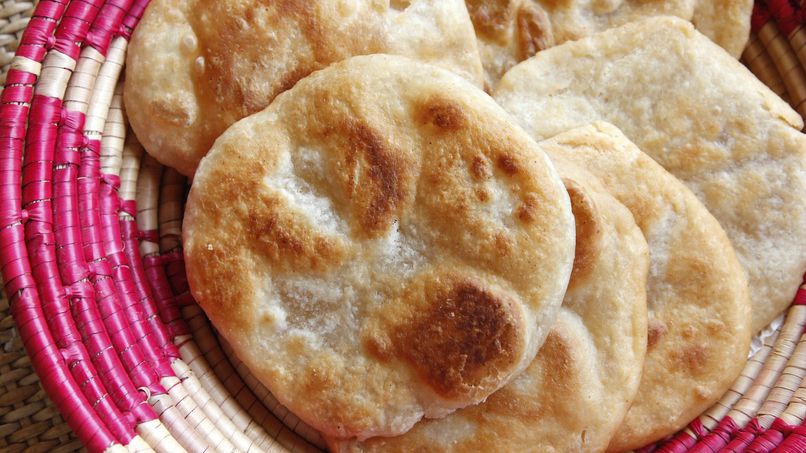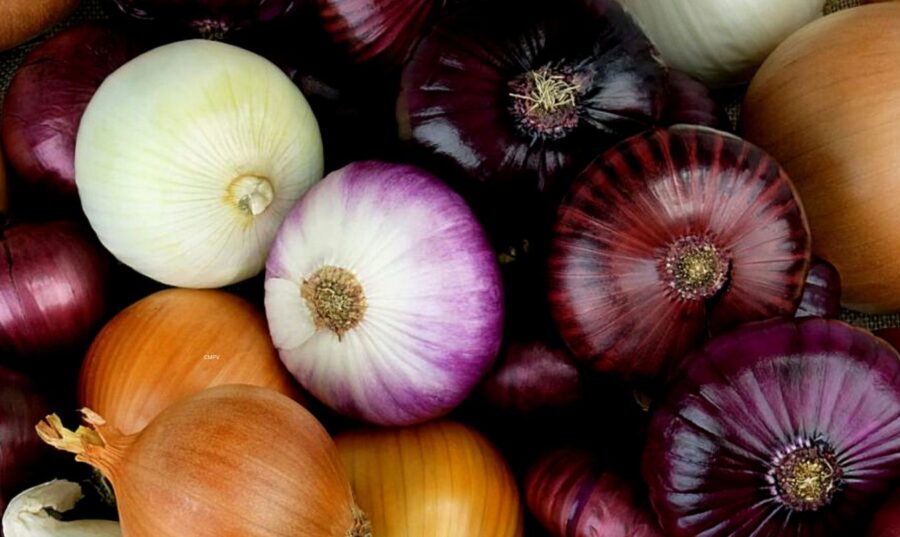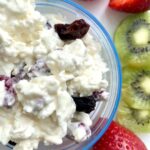|
Getting your Trinity Audio player ready...
|
Poor sleep health is linked to an increased risk of chronic diseases, such as type 2 diabetes and cardiovascular diseases. These findings have led to a statement from the American Heart Association recommending that highlight the dream in public campaigns to improve cardiovascular health. Experts on the subject define “good” sleep as when you wake up feeling rested. Another finding is that short sleep duration and poor sleep quality have been associated with adverse dietary behaviors. For example, a higher consumption of calories, fats and sweets, as well as a lower consumption of vegetables, fruits and whole grain cereals.
There is a link between the drinks and foods consumed throughout the day and sleeping well, especially what we eat closer to bedtime. No single food is a magic cure for insomnia. However, some foods have beneficial properties for general health, including sleep. Some recommendations related to food and nutrition to improve your sleep are as follows.
- Select foods with melatonin. Melatonin is a hormone produced by the pineal gland, called by some the sleep hormone. It is produced in response to darkness, helping with the synchronization of circadian rhythms and sleep. A study published in 2023 in Antioxidants found that tomatoes, walnuts and olive oil are foods with melatonin. The authors point out that occasional or periodic consumption of these foods could contribute to increased levels of melatonin in the blood and could have an impact on the quality of sleep.
- Select foods with tryptophan. Tryptophan is the amino acid that synthesizes melatonin in four well-defined intracellular steps. Foods with the highest tryptophan content include soybeans, tofu, tilapia, salmon, octopus, tuna, snapper, lobster, pork, crab, turkey and quinoa. Some studies indicate that after consuming a portion of these foods we should wait at least an hour before going to bed.
- Select foods with magnesium. Magnesium's role in sleep production is thought to be related to its ability to reduce inflammation. Additionally, it helps reduce levels of the hormone cortisol, which is known to disrupt sleep. We find magnesium in bright green vegetables, almonds, peanut butter, whole grain rice, soy beans, flax seeds and sunflower seeds.
- Eat whole grain foods. These foods are digested more slowly and help keep the body balanced. That is, they help settle the digestive system, while sugary or overly processed foods increase blood sugar spikes, keeping our body very busy. Add large flake oats to your diet (old fashioned oats), whole grain bread and crackers, as well as whole grain rice.
- Have a hot drink before bed. Among the best alternatives are chamomile tea and lavender tea (without caffeine); both with sleeping properties. Another drink that helps with sleep is golden milk, traditionally made with cow's or plant-based milk. Turmeric and dates are added to this, as a natural sweetener. The curcuma It is a powerful and anti-inflammatory spice that promotes a feeling of calm and aids in digestion, thus improving the quality of sleep. For some people, cow's milk can cause gas and bloating, which interferes with sleep. In this case it is better to use non-dairy drinks of plant origin, such as almond, soy, macadamia, potato, hemp, among other.
- Allow two hours or more between your last bite of food and bed, no matter what you eat and at least an hour before when it comes to drinks.
- Avoid caffeine: coffee, soda, chocolate or caffeinated tea, at least four to six hours before going to sleep. The stimulating effect of caffeine can keep you awake quite late into the night. Caffeine can stay in the system for up to 12 hours.
- Avoid drinking alcohol, at least four hours before going to bed. Alcohol affects sleep quality by disrupting our REM cycle (Rapid Eye Movement). This stage of sleep is the most restorative component of our sleep cycle and begins about 90 minutes after we fall asleep. In most adults, REM occupies about 20 to 25% of sleep.
- Avoid spicy foods or spicy at the last meal of the day. These foods are often irritating as they make their way through the digestive system resulting in discomfort and even pain in some people, affecting sleep quality.
Main references:
Grao-Cruces, E., Calvo, JR, Maldonado-Aibar, MD, Millan-Linares, M., & Montserrat-de la Paz, S. (2023). Mediterranean Diet and Melatonin: A Systematic Review. Antioxidants, 12(2): 264. DOI:10.3390/antiox12020264
Zuraikat, FM, Wood, RA, Barragán, R. & St-Onge, MP (2021). Sleep and Diet: Mounting Evidence of a Cyclical Relationship. Annual Review of Nutrition, 41(1):309-332. DOI: 10.1146/annurev-nutr-120420-021719
Carmen M. Pérez Velázquez

